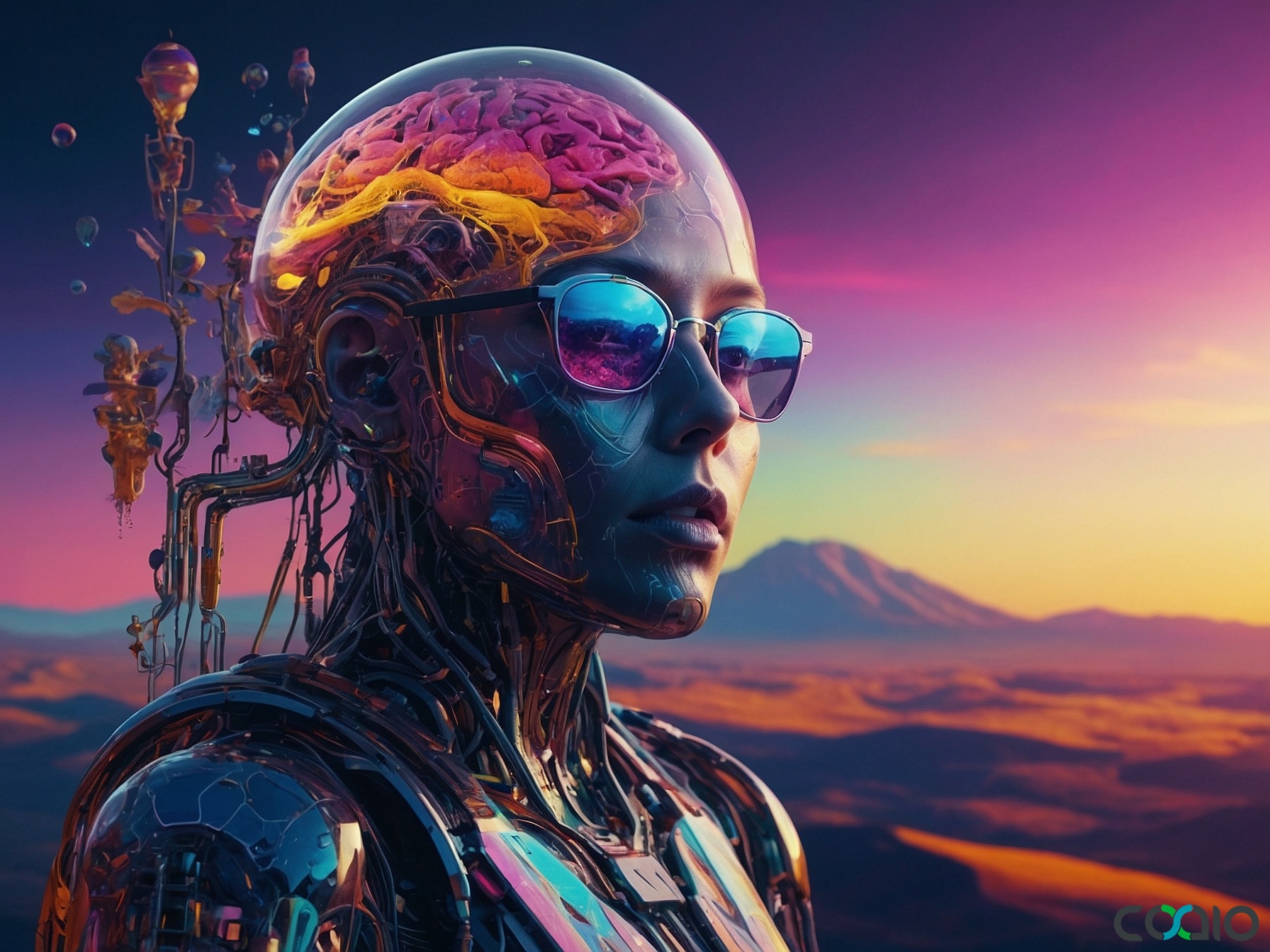
Revolutionizing Software Development: GitHub's AI Enhancements and the Evolving Tech Landscape
In the fast-paced world of technology as of August 22, 2025, software development continues to evolve with groundbreaking tools and innovations that streamline workflows, enhance security, and push the boundaries of what’s possible. From AI-driven coding assistants to debates over the sustainability of tech investments, recent news highlights how developers are adapting to new challenges and opportunities. This article dives into the latest developments, offering insights into their implications for the industry while exploring how emerging services can support innovators.
Recent Updates in Software Development Tools
The software development ecosystem is witnessing significant advancements, particularly with platforms like GitHub rolling out features that make coding more efficient and accessible. One of the most notable updates comes from GitHub, which has introduced a new Agents panel in its user interface. This enhancement allows developers to launch the Copilot coding agent from anywhere on the platform, a move that builds on the agent’s initial release a few months ago. According to reports from SD Times, developers can now assign issues to the agent, letting it work in the background to generate draft pull requests. This seamless integration reduces manual effort and accelerates the development cycle, enabling teams to focus on creative problem-solving rather than repetitive tasks.
This update is particularly timely as remote and distributed teams become the norm. The Agents panel acts as a centralized hub, making it easier for developers to collaborate across time zones and projects. For instance, a developer working on a complex application can quickly invoke the agent during code reviews or issue tracking, ensuring that AI-assisted suggestions are just a click away. The full details of this feature can be found in the original SD Times article here. As AI tools like Copilot become more embedded in daily workflows, they represent a shift toward automated, intelligent development environments that could redefine productivity standards.
Boosting Security in GitHub Repositories
Security remains a top priority in software development, especially as cyber threats grow more sophisticated. A key story from the past week involves Black Duck’s new Security GitHub App, which integrates static application security testing (SAST) and software composition analysis (SCA) directly into GitHub repositories. As detailed in SD Times, this app automatically triggers scans on code commits and pull requests, flagging potential vulnerabilities and adding results as comments for immediate review. This proactive approach helps developers catch issues early, preventing costly breaches down the line.
For growing startups and enterprises, tools like the Black Duck app are invaluable. They automate what was once a manual, time-consuming process, allowing teams to maintain high standards of code quality without slowing down innovation. The app’s ability to integrate seamlessly with GitHub workflows means that security checks become part of the development pipeline, rather than an afterthought. You can read more about this in the SD Times coverage here. This development underscores the industry’s move toward “shift-left” security practices, where vulnerabilities are addressed at the earliest stages of coding.
Beyond these tools, the broader implications for software development include improved collaboration and reduced risks. Developers can now leverage these integrations to build more robust applications, but this also highlights the need for human oversight. While AI and automated tools handle the heavy lifting, human expertise is crucial for interpreting results and making strategic decisions, especially in complex projects.
The AI Investment Landscape and Its Impact
Amid these technical advancements, the software development world is grappling with larger questions about AI’s future, fueled by high-profile discussions like Sam Altman’s comments on the potential AI bubble. In a recent Ars Technica piece, Altman, the CEO of OpenAI, acknowledged the risks in the current AI investment frenzy, stating that “someone will lose a phenomenal amount of money” even as his company seeks a staggering $500 billion valuation. This candid admission reflects the volatility in the tech sector, where rapid funding for AI initiatives contrasts with concerns about overvaluation and sustainability.
For software developers, this debate has real implications. Tools like GitHub’s Copilot rely on AI advancements, but if the bubble bursts, it could lead to a slowdown in innovation or a shift toward more conservative investments. On the flip side, it might encourage a focus on practical, cost-effective solutions that deliver immediate value. The full article on Altman’s remarks is available here, offering a deeper look at how AI’s hype cycle could influence tool development and adoption.
This uncertainty extends to other areas, such as government-funded research. A recent Supreme Court ruling, as reported by Ars Technica, allows the termination of NIH grants to continue, which could affect software projects reliant on public funding. The decision, which blocks the underlying policy, might limit resources for innovative research in fields like AI and biotechnology read more here. Meanwhile, ventures like Anduril and Blue Origin’s collaboration on cargo transport for the Pentagon, covered by TechCrunch, show how software development is intersecting with space tech. Their contracts aim to revolutionize logistics from orbit to Earth, potentially integrating advanced software for real-time tracking and AI-driven optimizations details here. These stories illustrate the interconnectedness of software with emerging technologies, reminding developers that their work could span industries from defense to space exploration.
In analyzing these trends, it’s clear that software development is not just about writing code—it’s about adapting to a dynamic environment. Developers must navigate AI enhancements, security integrations, and economic fluctuations to stay ahead. For instance, the GitHub updates could save hours of manual work, but they also require teams to upskill in AI collaboration. This is where specialized services can play a pivotal role, offering the expertise needed to implement these tools effectively without overwhelming internal resources.
As we wrap up this exploration of the latest news, imagine a world where innovative ideas flourish without the burdens of technical hurdles. Picture a partner that helps turn your vision into reality by handling the intricacies of software development, ensuring that every project is built with efficiency and precision in mind. This is the essence of forward-thinking support, where the goal is to empower creators to focus on what matters most, much like how Coaio envisions a landscape where startups thrive based on ideas alone, minimizing risks through seamless, expert-driven processes.
About Coaio
Coaio Limited is a Hong Kong-based tech firm that specializes in outsourcing software development and building dedicated teams in Vietnam. We offer comprehensive services including business analysis, competitor research, risk identification, design, development, and project management, delivering cost-effective, high-quality software solutions for startups and growth-stage companies. Our user-friendly designs and efficient tech management cater to clients in the US and Hong Kong, helping you streamline operations and bring your ideas to life with minimal hassle. By partnering with us, you can focus on your core vision while we handle the complexities, reducing risks and maximizing resources for success.
 English
English
 Français
Français
 Español
Español
 廣東話
廣東話
 中文
中文
 日本語
日本語
 한국어
한국어
 العربية
العربية
 Deutsch
Deutsch

